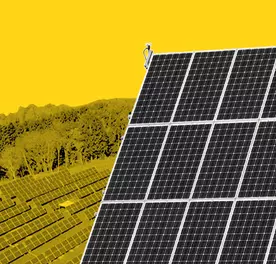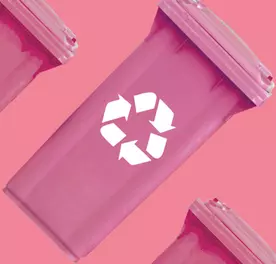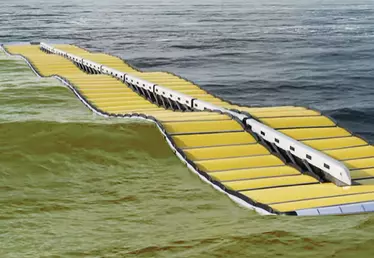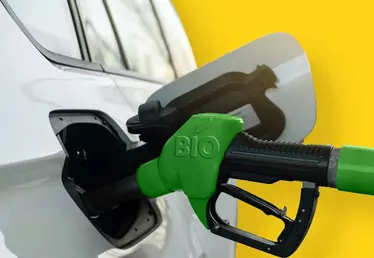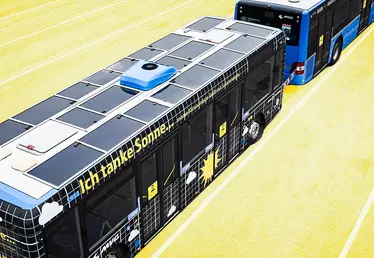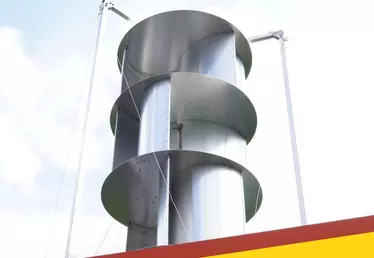

Hero banner custom title
In Poznan, Poland, a car factory heats their local town hall and schools.
4 min
Most industrial manufacturing processes generate tremendous amounts of heat which usually freely escape into the atmosphere, contributing to climate change.
In Poland, the city of Poznan wants to change this. The heat produced by a large car factory is captured and used to heat up several buildings throughout the city.
Industries have a major role to play in the transition to a circular economy. Each factory is a hub where quantities of raw materials come in and a lot of waste comes out.
To adopt a responsible logic, manufacturers therefore need to learn how to better manage these flows. Objective: use less resources and recover more waste This is the principle of industrial ecology which involves limiting the impact of industrial activities on the environment.
In Poznań, Poland, the Volkswagen factory produces an average of 170,000 vehicles a year and as many components and spare parts. The factory has set itself the objective of contributing to sustainable development and protecting the environment. In 2016, it took a step in this direction by implementing an innovative solution to recover its energy waste in partnership with Veolia. Explanation:
Air compressors are one of the most used machines in the industry. It is also one of the machines that consumes the most energy (natural gas and oil). When compressing the air, the energy used is converted into heat. This heat is then sent to a cooling system which then releases it into the atmosphere... with direct consequences on global warming.
Most of this so-called ‘fatal’ lost heat can be recovered. In the Volkswagen Foundry factory, it is recovered and returned into the city's heating network where it supplies about thirty buildings. As such, the factory's energy waste becomes a resource for the community with a positive impact on the environment.
Every year, this solution saves the factory 17 million liters of water (used in the cooling system), 400,000 KWh of energy (used to run the compressor), and allows it to reduce its CO2 emissions by 1,000 tons. Given these good results, Veolia would like to implement this pioneering solution in all heating systems in Poland.
This project is the result of a three-year partnership between Veolia, Volkswagen, and the city of Poznań. It is an example of a fruitful cooperation in structuring the circular economy at local level.
It also reminds us that in order to be implemented, industrial ecology requires the cooperation of all stakeholders in the same area. This is the best way to optimally circulate material and energy flows. Veolia and Volkswagen mentioned that this project was the beginning of a long-term cooperation to implement innovative and sustainable projects serving the city.
Photo credits : ©Volkswagen Poznań

